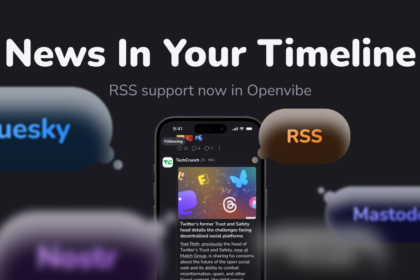TikTok is rolling out an updated version of its Community Guidelines on September 13, 2025, offering clearer language while also introducing notable changes around LIVE streams, commercial content, and personalization.
The biggest shift is in how TikTok LIVE creators are treated. The company now warns hosts they’re responsible for everything that happens during their live session, even actions from third-party tools like real-time translations or voice-to-text features. TikTok emphasizes creators must actively monitor these tools to prevent rule-breaking.
On the commercial side, TikTok requires clear disclosure for sponsored content and says it will reduce visibility of videos encouraging purchases outside TikTok Shop in markets where its marketplace is available.
TikTok is also leaning harder into personalization. The platform now states that search results, recommendations, and even comments may look different for each user, based on their activity history, replies, likes, and reports.
When it comes to AI-generated content, TikTok has simplified its policy. Instead of banning deepfakes in long detail, the rules now prohibit content that is “misleading about matters of public importance or harmful to individuals.” Interestingly, references to fake endorsements have been removed, a change that could hint at future celebrity-approved AI ads.
Related: TikTok Debuts ‘TikTok Pro’ in Europe With Built-In Charity Program
Other edits include a simplified approach to For You Feed (FYF) eligibility, where previously detailed lists of ineligible content are now spread across sections, making them less centralized. The company also swapped out its description of moderation: once framed as keeping TikTok “safe, trustworthy, and vibrant,” it’s now about being a “safe, fun, and creative place for everyone.”
The removal of “trustworthy” may raise eyebrows, but the broader message is clear: TikTok wants to tighten control over commerce and live experiences, while making personalization feel more central to the app’s ecosystem.







